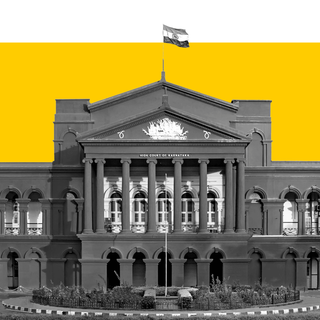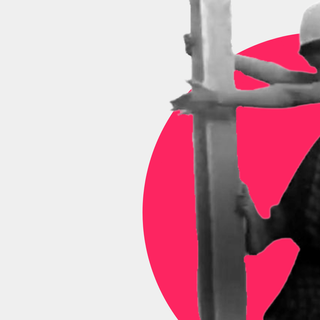Yesterday, the Supreme Court of India suspended the implementation of the three 2020 agricultural acts until further notice. However, during its discussion to do the same, the Chief Justice of India (CJI) also implored the lawyers representing the farmers to send women and elderly farmers home from the protests.
“I want to take a risk. I want you to tell them that the CJI wants them to go back. Try to persuade them. At some time, we might say in the order that old people and women need not be there in the protests,” the CJI told lawyers Dushyant Dave, Colin Gonsalves, Prashant Bhushan, and H S Phoolka. Previously, the CJI had asked why “old people and women are kept in the protests,” citing Delhi’s extremely cold weather, to which advocate Dave responded, “Nobody has brought them. People are coming on their own. It is a question of their very existence”
Though the CJI’s plea regarding elderly and women protesters shows his concern for their health and well-being, it also implies a patriarchal, condescending, and restrictive type of protection that has long hallmarked attempts to safeguard both groups.
The CJI cited unpleasant environments and protestors’ mental health and suicide risk in the remarks preceding his request to send women home. But women farmers currently protesting in Delhi come from significantly colder northern states like Punjab. Plus, a two-decade-long epidemic of farmer suicides in India suggests that women farmers are all too familiar with deaths by suicide and what causes them.
Related on The Swaddle:
The Vicious Cycle of Sexism in the Indian Court System
Beyond protectionism, the CJI’s statements also suggest that agriculture, protests, and political change are a man’s domain. This dismisses the fact that women constitute more than 40% of the country’s agriculture workforce and undertake around 80% of all farm work. Plus, it ignores the political influence of women, who in recent years have fought for and achieved a number of significant legal and political changes, including POSH laws, rape law reforms, and more. To suggest that women are ‘kept’ at protests is to invalidate women’s victories and take away women’s agency.
As Dave says, women farmer’s cause of protest is important to their everyday lives. They have the right to remain on the ground, protesting, as long as the general fundamental right to protest allows them to. And their voices hold as much importance as their male counterparts. If anyone needs to go home for a breather — and a fresh perspective — it’s the CJI.




